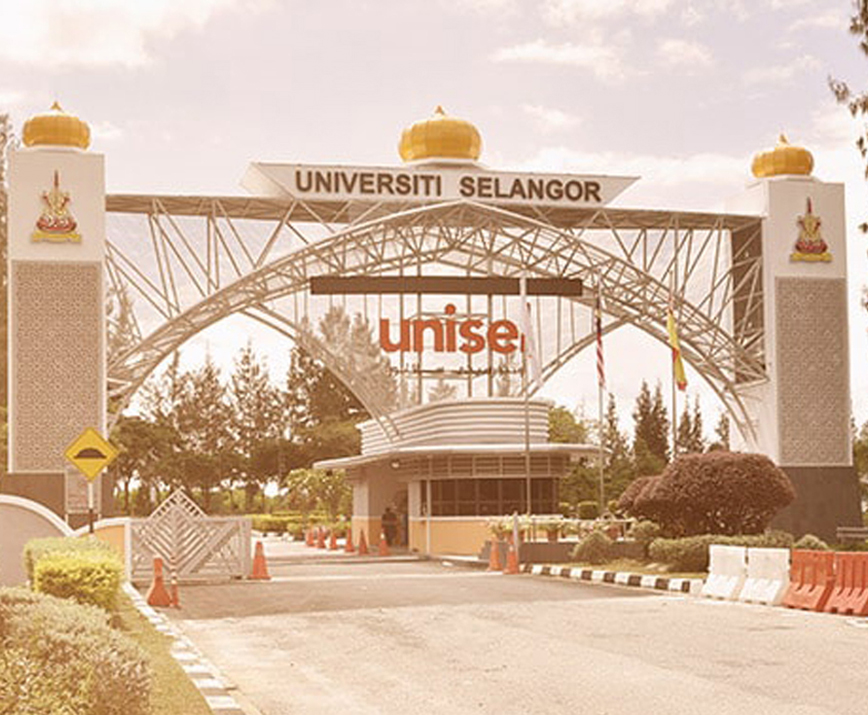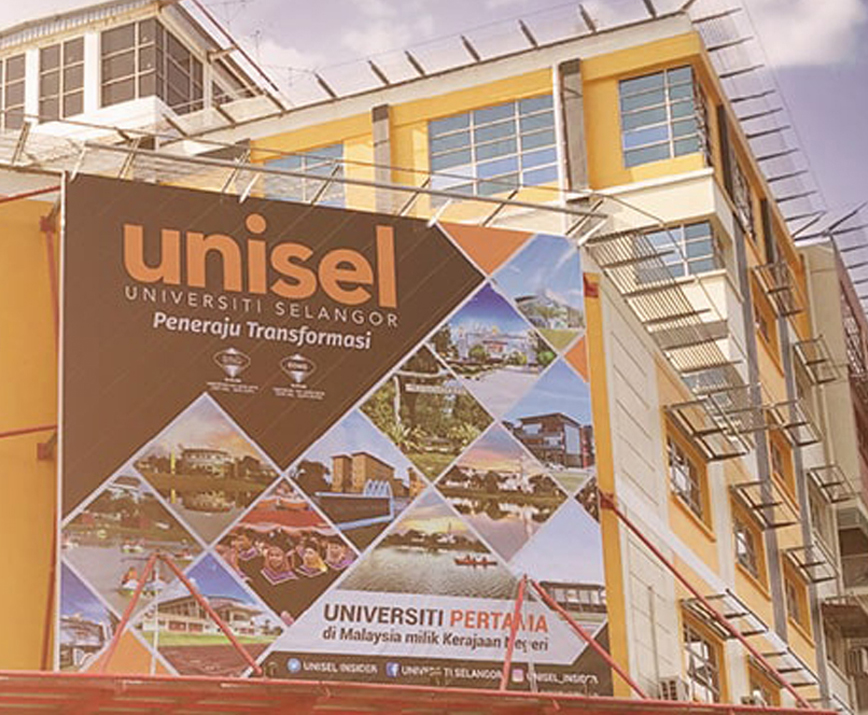DIPLOMA IN EARLY CHILDHOOD EDUCATION KPT/JPT (R3/143/4/0001) 07/26 (A70429) PROGRAM...
Call +0355223400
For any kind of admission enquiry
KPM/JPT (R3/0919/6/0002)
PROGRAM DESCRIPTION
The Bachelor of Biomedical Science (Honours) programme offers a comprehensive exploration of medical and biological sciences. Through a combination of theoretical coursework and practical laboratory experience, students delve into topics such as human anatomy, physiology, molecular biology, pharmacology, biochemistry, microbiology, haematology, cytology, transfusion science, and blood banking. They gain a deep understanding of the mechanisms underlying disease processes, the principles of diagnostic laboratory procedures, and biomedical research methods. The curriculum emphasizes critical thinking, data analysis, and problem-solving skills, thus preparing students for careers in various sectors of the biomedical field, including research, healthcare, pharmaceuticals, and biotechnology.
The Bachelor of Biomedical Science (Honours) programme offers a comprehensive curriculum designed to equip graduates with the knowledge and skills necessary to become a competent biomedical scientist. Here are the key areas emphasized in our curriculum:
Passed STPM/Matriculation/Pre-University programme with a minimum GPA of 2.33 in two (2) of the following subjects:
Biology
Physics/Mathematics
Chemistry
OR,
A-Level with minimum Grade D in the following subjects:
Biology
Physics/Mathematics
Chemistry
OR,
A related Diploma from a recognized institution with a minimum CGPA of 2.75;
OR,
A related Diploma from a recognized institution with a CGPA lower than 2.75 and a minimum of three (3) years of working experience in the same field.
AND,
MUET* Band 3.
*Exemption from MUET is given to candidates who hold a diploma or foundation programme conducted in English.
Proficiency in English (Required if the medium of prior learning was not in English)
Pass International English Language Testing System (IELTS) with a minimum score of 5.5 or Test of English as a Foreign Language (TOEFL) with a minimum score of 550
Upon graduation, our graduates will be able to:
1. Medical Laboratory Scientist
2. Science Officer
3. Researcher
4. Product Specialist
5. Medical Sales Representative
6. Insurance Underwriter
7. Clinical Instructor (Education)
DIPLOMA IN EARLY CHILDHOOD EDUCATION KPT/JPT (R3/143/4/0001) 07/26 (A70429) PROGRAM...
The Master of Science (Biotechnology) is a research-based program, offered...
BACHELOR OF BUSINESS ADMINISTRATION (HONS) JPT/JPS (N/340/6/0765) 09/22 (MQA/PA/7984) PROGRAM...
The courses in Masters in Education (Discipline Management) will train...


Universiti Selangor (UNISEL), formerly known as Universiti Industri Selangor was established on 23rd August 1999 and was given an approval under Private Higher Education Institutions Act 1996 (Act 555) on 14 March 2000. We are currently operating at two campuses; the sprawling 1000-acre Main Campus in Bestari Jaya and the City Campus in Shah Alam. Our establishment is in line with the State Government’s intention to make Selangor the leading regional education hub. Selangor plays an active role in the delivery of higher education programmes in order to enhance the development of human capital excellence. As one of the earliest private institutions of higher learning in Malaysia, UNISEL is unique as it is Malaysia’s first state-owned university.
More About UsFor any kind of admission enquiry